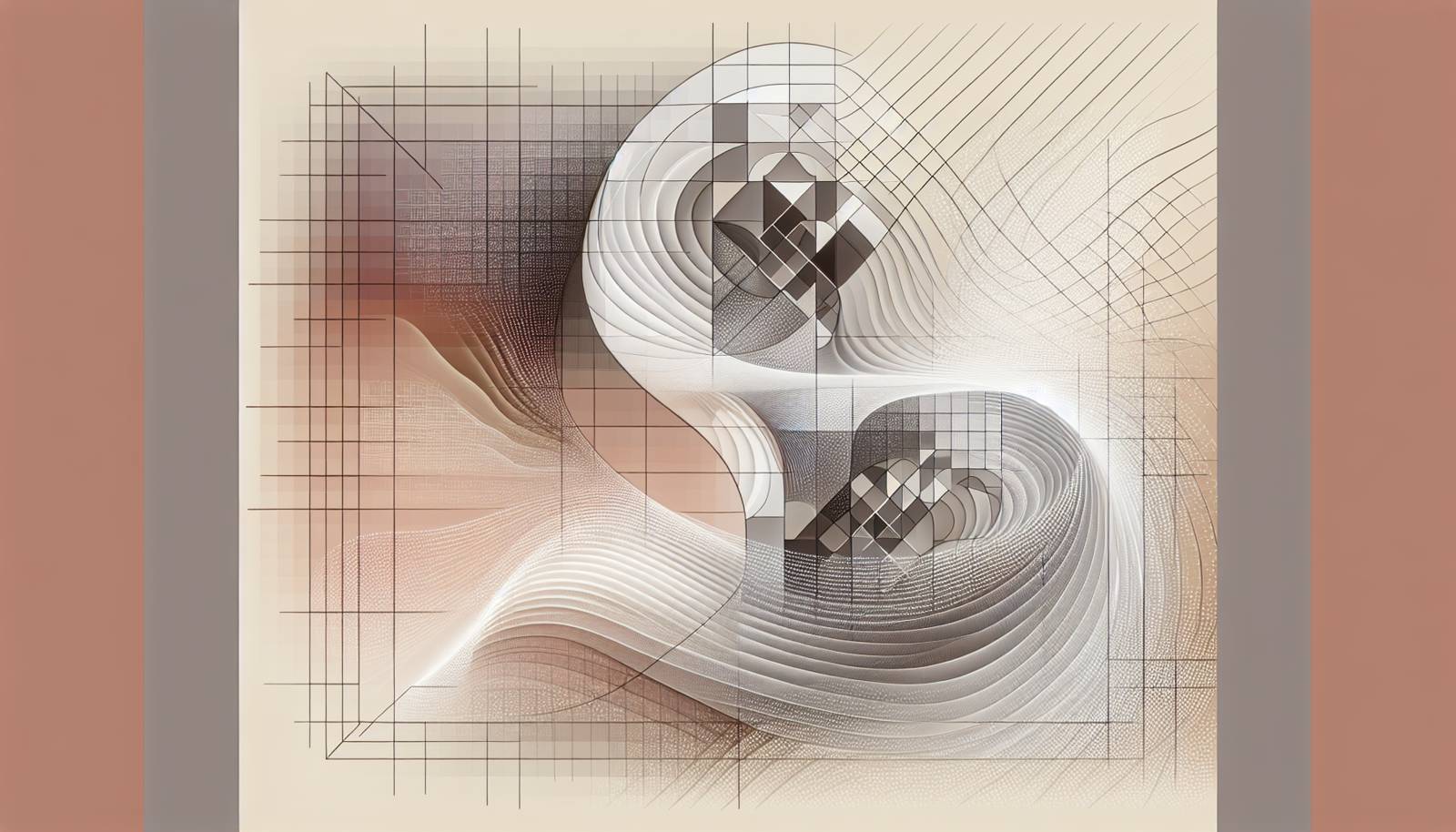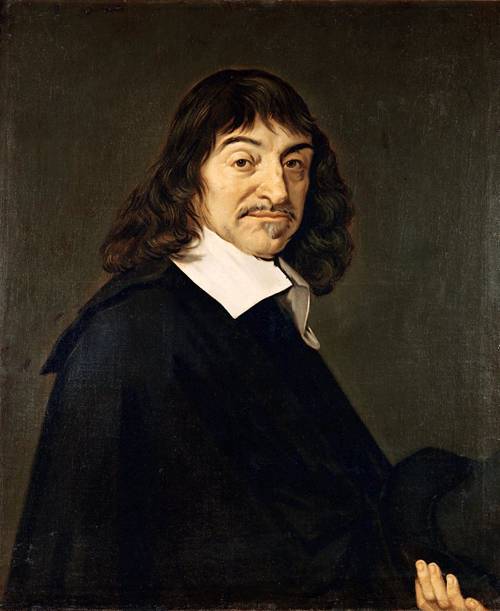
FAQ About Rene Descartes

Who was Rene Descartes?
Rene Descartes was a French philosopher, mathematician, and scientist, often referred to as the 'Father of Modern Philosophy.' He was born on March 31, 1596, and died on February 11, 1650. Descartes is renowned for his contributions to philosophical thinking, particularly his development of the method of doubt and his role in establishing mind-body dualism. Additionally, he is credited with founding analytical geometry, which bridges algebra and geometry.

What is Rene Descartes best known for in philosophy?
In philosophy, Rene Descartes is best known for his statement, "Cogito, ergo sum," which translates to "I think, therefore I am." This phrase is a foundational element of his philosophy and highlights his approach to radical doubt, where he concluded that the very act of doubt indicates a thinking mind, thereby affirming one's existence. His work laid the groundwork for modern Western philosophy.

What is Cartesian dualism?
Cartesian dualism, also known as mind-body dualism, is Rene Descartes' theory that posits the existence of two distinct substances: the mind and the body. According to Descartes, the mind is an immaterial, thinking substance that interacts with the physical body, but is fundamentally different in nature. This distinction has been pivotal in the development of Western thought regarding consciousness and identity.

How did Rene Descartes contribute to mathematics?
Rene Descartes made significant contributions to mathematics, most notably through the development of analytical geometry. This branch of mathematics uses algebraic equations to describe geometric properties and relationships. Descartes introduced the use of the Cartesian coordinate system, which allows geometric shapes to be expressed in algebraic terms. His work was instrumental in laying the foundation for calculus and advanced mathematical studies.

What was Rene Descartes' impact on the scientific method?
Rene Descartes had a notable impact on the scientific method through his emphasis on deductive reasoning as a means to acquire knowledge. He advocated for a systematic doubt and analytical thinking approach in scientific inquiry, suggesting that conclusions should be reached through clear and rational deduction. Descartes' methodological contributions have influenced scientific research processes, promoting rigor and clarity in experimental design and hypothesis testing.

Where did Rene Descartes live and work?
Rene Descartes was born in La Haye en Touraine, France, which was later renamed Descartes in his honor. He spent much of his life traveling throughout Europe, including extended periods in the Netherlands, where he did most of his significant work. The Netherlands provided a more tolerant environment for his scholarly activities compared to France.

What are some of the major works of Rene Descartes?
Some of the major works of Rene Descartes include "Meditations on First Philosophy," where he elaborates on his method of doubt and arguments for the existence of God and the soul. Another significant work is "Discourse on the Method," which details his philosophical system. In mathematics, "Geometry," a part of a larger work called "La Géométrie," is notable for introducing the Cartesian coordinate system.

What was the nature of Descartes' famous philosophical doubt?
Descartes' philosophical doubt, also known as Cartesian doubt, is a methodical skepticism that questions the truth of everything except that which can be known with absolute certainty. Descartes began by doubting the reliability of his senses, the existence of the physical world, and even mathematical truths, ultimately finding certainty in the statement "I think, therefore I am." This process was aimed at establishing a solid foundation for genuine knowledge.

What connection does Descartes have to modern geometry?
Descartes is fundamentally connected to modern geometry through his development of analytical geometry, which uses algebra to describe geometrical shapes and systems. The Cartesian coordinate system, named after him, allows for the representation of geometric figures in the form of equations. This integration of algebra and geometry paved the way for advances in mathematics, including the development of calculus.

What influence did Rene Descartes have on modern philosophy?
Rene Descartes' influence on modern philosophy is considerable. His emphasis on rationalism and the use of reason as the primary source of knowledge shifted philosophical thought away from the traditional scholastic approaches dominated by Aristotelianism and religious doctrine. Descartes' focus on doubt and individual cognition laid the groundwork for the Enlightenment and modern Western philosophical methods.

What was Descartes' approach to understanding consciousness?
Descartes approached understanding consciousness through his theory of mind-body dualism. He argued that consciousness resides in an immaterial mind, which is distinct from the physical brain or body. According to Descartes, consciousness is the essence of self and personal identity, emphasizing introspection and the cogito as fundamental to understanding one's existence.

How did Descartes' ideas challenge the religious and philosophical beliefs of his time?
Descartes' ideas challenged the religious and philosophical beliefs of his time by questioning the reliability of sensory experience, which had been traditionally accepted in Aristotelian and scholastic philosophy. His emphasis on reason and doubt over faith challenged the Church's teachings and was seen as undermining established religious doctrines. His dualism also proposed a separation of mind and body that contradicted the holistic views of the soul in Christian theology.

How did Rene Descartes die?
Rene Descartes died on February 11, 1650, in Stockholm, Sweden. He was invited to Sweden by Queen Christina to tutor her, but the harsh winter climate is believed to have affected his health. Descartes contracted pneumonia and passed away shortly after, marking the end of his influential career in philosophy and science.

Did Descartes influence other philosophers?
Yes, Descartes profoundly influenced many philosophers, both during his time and in subsequent generations. His rationalist approach and method of doubt paved the way for thinkers like Baruch Spinoza and Gottfried Wilhelm Leibniz. Descartes' works also prompted responses from empiricists like John Locke and George Berkeley, contributing significantly to philosophical discourse, particularly regarding epistemology and metaphysics.

What is the significance of Descartes' "Meditations on First Philosophy"?
"Meditations on First Philosophy" is significant because it systematically explores fundamental philosophical issues such as the existence of God, the nature of reality, and the nature of the human mind. In this work, Descartes employs methodical doubt to reach foundational truths that serve as the basis for his philosophical system. It remains one of the most influential texts in Western philosophical thought and continues to be widely studied and analyzed.

How did Descartes' coordinate system revolutionize mathematics?
Descartes' coordinate system revolutionized mathematics by creating a link between algebra and geometry. The Cartesian coordinate system enables the representation of geometric figures as algebraic equations, simplifying complex mathematical problems and allowing for analytical solutions. This innovation provided the tools necessary for the development of calculus and advanced mathematics, fundamentally changing how mathematical calculations are conducted.

What was the relationship between Descartes and the scientific revolution?
Rene Descartes was a key figure in the scientific revolution, advocating for a new scientific approach based on reason and evidence rather than tradition and superstition. His support of a rational and empirical methodology impacted scientific research, promoting clear, logical thinking, and skepticism toward unproven theories. Descartes' dedication to understanding nature through mathematical laws influenced many areas of science and encouraged the systematic development of scientific theory.

What was the educational background of Rene Descartes?
Rene Descartes received his early education at the Jesuit college of La Flèche in France, where he studied classical subjects, philosophy, and mathematics. He later attended the University of Poitiers, earning a law degree. Despite his formal education in law, Descartes pursued his interests in philosophy and science, which eventually defined his career. His education at La Flèche provided him with the rigorous intellectual foundation that influenced his methodological approach.

How did Descartes reconcile science and religion?
Descartes attempted to reconcile science and religion by arguing that the pursuit of truth through reason could lead to evidence of God's existence. In his philosophical works, he placed God as the guarantor of clear and distinct perceptions, thereby endorsing the compatibility of reason and faith. Despite the challenges his ideas posed to orthodox religious teachings, Descartes maintained that his work supported the existence of a rational creator, thus attempting to bridge the gap between scientific inquiry and religious belief.

Why is Rene Descartes considered the 'Father of Modern Philosophy'?
Rene Descartes is considered the 'Father of Modern Philosophy' because he introduced a new approach to philosophical thinking that emphasized reason and individual consciousness. His rejection of traditional scholastic philosophy in favor of a system based on doubt and logical analysis paved the way for modern epistemological and metaphysical inquiry. Descartes' ideas around the separation of mind and body, as well as his cogito argument, continued to influence philosophical discourse for centuries, marking a significant shift from Medieval to modern thought.
